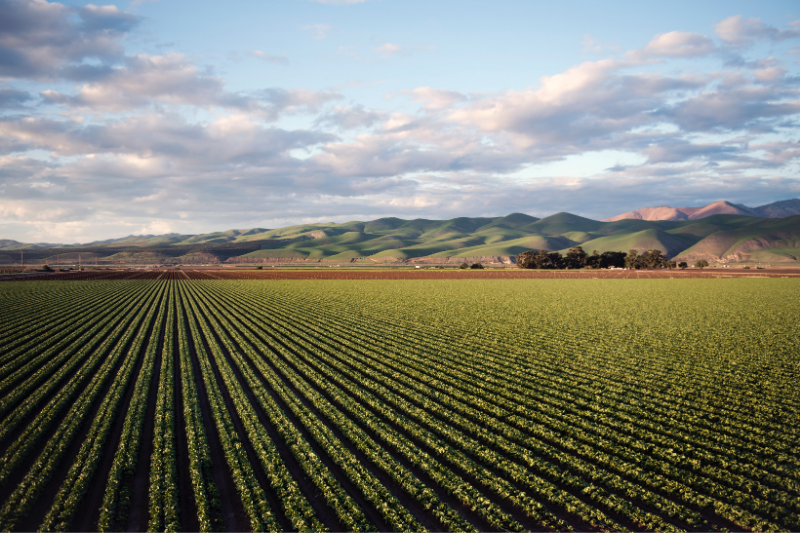
A report supported by the UN Environment Programme (UNEP) and published on 3rd of February 2021 by Chatham House, an independent policy institute, says that global food production is the “principal driver of worldwide biodiversity loss and is degrading or destroying natural habitats and contributing to species extinction”.
The report was launched during a webinar event titled « Food system impacts on biodiversity loss”, which brought together several high-profile speakers including Professor Tim Benton, Research Director in Emerging Risks at Chatham House, Susan Gardner, Director of the Ecosystems Division at UNEP, Jane Goodall, PhD, DBE, Founder of the Jane Goodall Institute and Philip Lymbery, Global CEO of Compassion in World Farming.
Global food system primary driver of biodiversity loss
The report suggests that, over recent decades, the “conversion of natural ecosystems for crop production or pasture has been the principal cause of habitat loss and therefore biodiversity loss”. Indeed, the paper goes on to say that “our food system has been shaped by the “cheaper food paradigm”, whereby “ever more food is produced at ever lower cost”, thus encouraging “intensified agricultural production that degrades soils and ecosystems”. As a result, “food production is heavily dependent on inputs such as fertiliser, pesticides, energy, land and water, which ultimately reduces the variety of habitats, threatening or destroying the breeding, feeding and or nesting of birds, mammals, insects and microbial organisms”.[1]
Philip Lymbery, CEO of Compassion in World Farming, said: “The future of farming must be nature-friendly and regenerative, and our diets must become more plant-based, healthy and sustainable. Without ending factory farming, we are in danger of having no future at all.”
The report concludes that if we do not profoundly reform our food system, biodiversity loss will continue to accelerate and threaten our ability to sustain human populations.
Jane Goodall said that “people must understand that we cannot disassociate ourselves from the natural world. We’re part of it and we depend on it, for clean air and water and everything else. So, we have to develop a new relationship with the natural world.”
Reform of the global food system is urgently needed
The report puts forward three solutions to transform the food system in support of nature. This includes changing dietary patterns and encouraging people to switch to more plant-based diets. But it also means shifting to more sustainable ways of farming and protecting and setting aside land for nature.
Professor Tim Benton said that “focusing only on growing ever more food, is detrimental to human health, biodiversity and climate change”. Instead, leaders should encourage communities to focus on growing “the right kind of food in the right amounts”. Thus, enabling people to consume food that is healthy, and sustainability produced.
Susan Gardner, Director of UNEP’s ecosystems divisions, said that “reforming the way we produce and consume food is an urgent priority”.
The recommendations in the report are designed to influence upcoming global events in 2021, such as the UN biodiversity (COP15) and climate change (COP26) summits, as well as the first editions of the UN Food Systems Summit and the Nutrition for Growth summit.
Click here to download the full report: https://assets.ciwf.org/media/7443997/food-system-impacts-on-biodiversity-loss.pdf
[1] Food system impacts on biodiversity loss, Benton et al., Chatham House, February 2021, p. 2 – 3